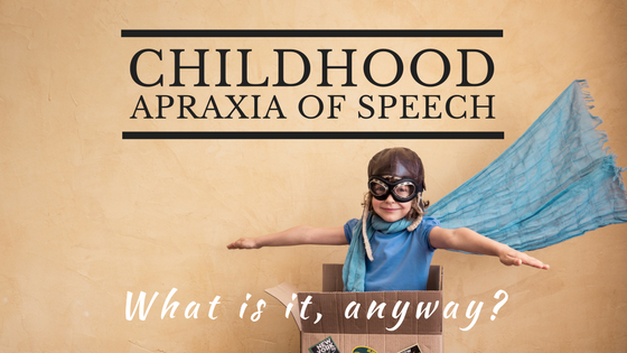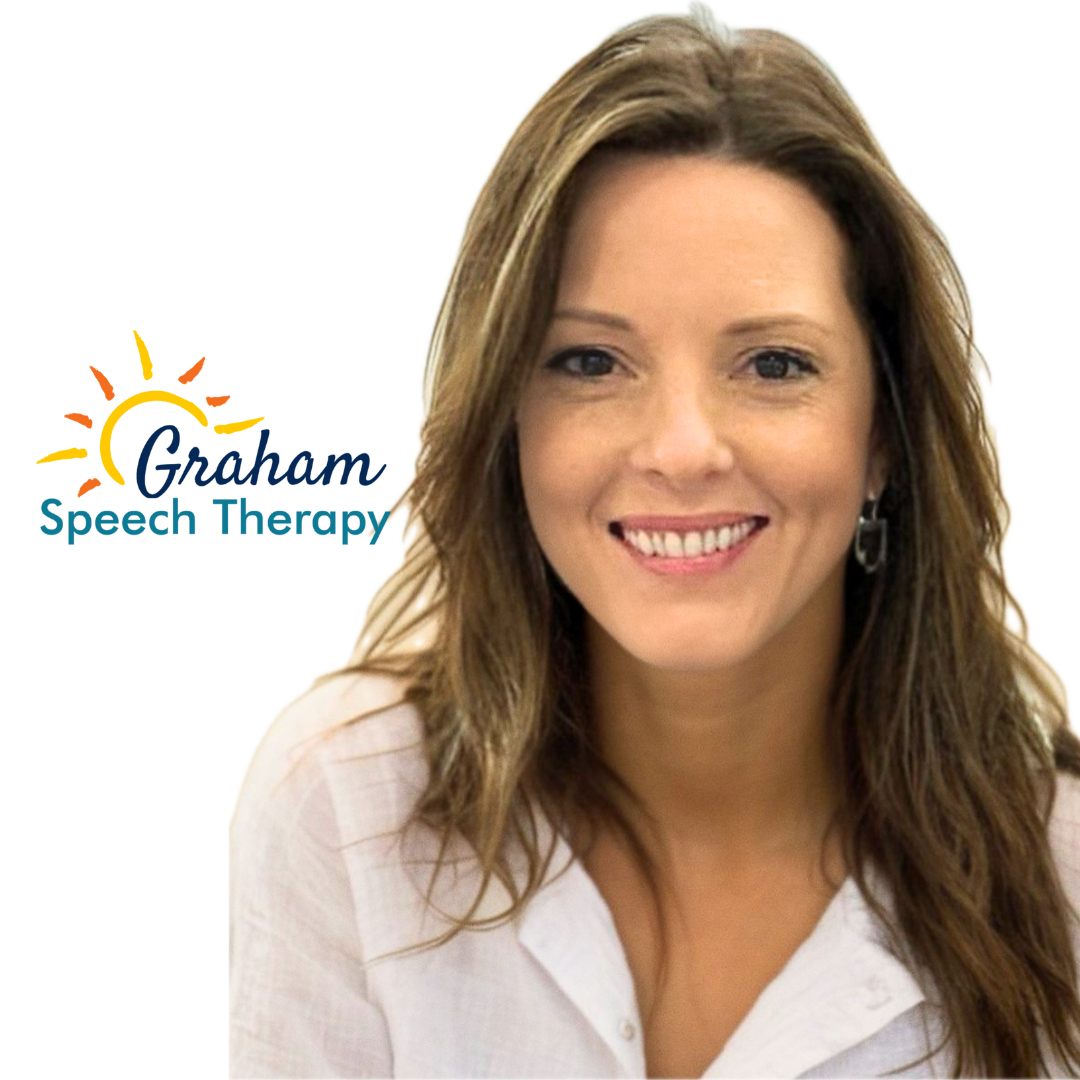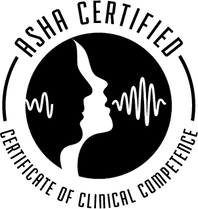|
Was your child a late talker?.... Didn't babble as an infant?... Does he have difficulty imitating words?... Are her sound errors inconsistent? These are just a few possible signs and symptoms of Childhood Apraxia of Speech (CAS), but they can also be indicators of other speech or language disorders. So, how can you tell if your child has CAS or not?
Let's start with some definitions... Language vs. Speech: When a child has difficulty understanding others (receptive language), or meaningfully using words and sentence to share thoughts and ideas (expressive language), then he or she may have a language delay or disorder. When a child is unable to produce speech sounds to correctly form words, then he or she may have a speech delay or disorder. CAS is one such speech disorder. However, there are several more common types of speech disorders that may also cause a child to have difficulty producing sounds. Here are 3 main types of speech disorders that can sometimes be difficult to differentiate from one another:
So, how can you tell if your child has CAS? The first step is finding a Speech Language Pathologist experienced with motor speech disorders. In the U.S., SLPs are the most qualified professionals who can and should differentially diagnose CAS from other speech disorders. I often hear of parents receiving an Apraxia diagnosis from their pediatricians or neurologists, but these professionals tend to use CAS as a "catch-all" term for children who have severe delays in speech or language and don't have the training or expertise to differentially diagnose. A comprehensive evaluation conducted by a Speech Pathologist experienced with CAS will include:
It's important to note, however, that if only a limited speech sample can be obtained, a firm diagnosis will be challenging. In cases where children have very limited or no speech, especially with children younger than 3 years of age, SLPs often note "suspected" CAS until the child has enough speech to analyze. But, the provision of appropriate therapy should not be delayed. Early intervention is critical, no matter the particular diagnosis. Why is an accurate diagnosis important? 2 Reasons:
This is only a brief overview about differentiating CAS from other speech disorders. For more detailed information about Childhood Apraxia of Speech please visit these helpful sites:
4 Comments
Gail
3/8/2017 05:07:25 am
I appreciate any information on this subject. My hardest child on my caseload has suspected apraxia
Reply
Kacie
10/21/2021 12:48:17 pm
Hi! I am currently evaluating a pt. that I feel like exhibits many signs of CAS. I was looking at your blog and many of the links I click on for more resources show that the page is not found. Is this a me problem? I am specifically looking for appropriate assessment tools. We do not currently have any standardized test for CAS in our clinic.
Reply
Amy Graham
10/21/2021 03:49:34 pm
Thanks for letting me know! I've updated the links.
Reply
Leave a Reply. |
|



 RSS Feed
RSS Feed
